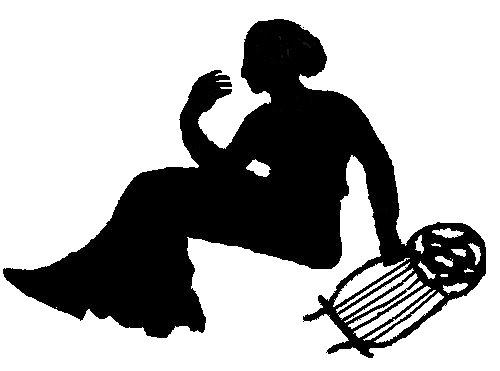A month ago or so, I finished reading all the entries I had received to judge for a writing contest. I read both children’s lit and YA fiction this year, and it’s been fascinating. I have so many things on my mind to say about what I observed, but I wanted to take a step back today and reflect on the big picture.
When you look in a mirror, why do you look in the mirror?
I’ll bet that if you look in a mirror — even if you just happen upon a mirror and pause to glance at your reflection — you don’t just stand there and stare at yourself. You probably find something to fix — hair out of place, lipstick needs refreshing, and hope no one noticed that piece of spinach in my teeth. Or you consider that you really should head to the gym today even though you don’t feel like it, or you notice that the baby spit up on the back of your shirt, or you realize that your tie is crooked. And you proceed to fix whatever needs fixing.
Literature, in so many ways, functions like a mirror.
It shows us the best and worst of human nature, revealing the struggles of man against some force internal or external. But we don’t just read books to gawk at ourselves (collectively) in some voyeuristic fashion. We read books because they can teach us something — they change us somehow, whether we mean them to or not. Books encourage us to grow, to adjust, to become better human beings. We identify with a character and his or her struggles, we watch him or her confront and (hopefully) overcome, and then we see how we can apply his or her experiences to our own lives. And the goal is one of improvement, not just of recognition.
Lately, though, I’ve noticed a trend — and perhaps you’ve noticed it too. There are some books where the characters just seem to develop…sideways, if that’s possible. They change, but not in a positive (or even a negative) direction. Something seems to push them sideways for a bit, and then they snap back and continue on. There’s no indication that their decisions in the future will be affected by what’s happened to them over the course of the novel…no indication that they’ve become better people – or even different people — for what’s happened to them.
Reading a book like this is like looking in a mirror and saying, “Yep. That’s me. Yep. Spinach in my teeth. Tie crooked. Yep. Guess that’s just how I am. Oh, well.”
And in YA fiction, there’s often a follow-up to this admission of imperfection with no desire of amendment: “And if they don’t like it, well, screw them, because I won’t change.”
It’s not a question of whether or not literature will teach. So, there’s a choice we face as writers. Will our writing inspire our readers to be better people?
Or will we just teach them how to scuttle sideways?

